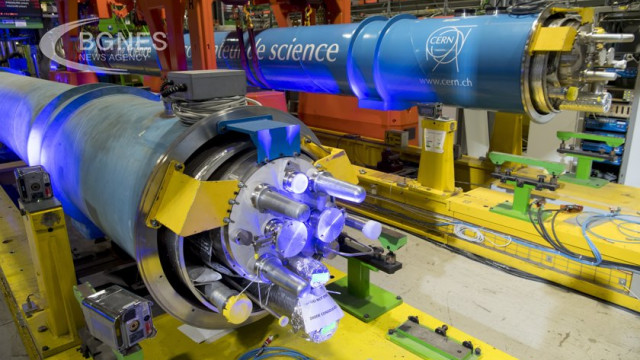Brazil has become an associate member of CERN, the European physics laboratory has announced - the first country from the Americas to do so.
The world's largest particle physics laboratory seeks to uncover what the universe is made of and how it works, aiming to push the boundaries of human knowledge.
Brazil will now be able to play a deeper role in the facility's work.
In March last year, an agreement was signed admitting Brazil as an associate member of CERN, which has now entered into force after Brazil completed the accession and ratification process.
"This agreement enables Brazil and CERN to further strengthen their cooperation, opening up a wide range of new and mutually beneficial opportunities in the fields of basic research, technological development and innovation, as well as education and training," CERN Director General Fabiola Gianotti said at the time.
The CERN laboratory on the outskirts of Geneva is located on the border between France and Switzerland. It employs around 2 500 people from all over the world.
CERN's Large Hadron Collider (LHC) - a 27-kilometre ring located about a hundred metres underground - was used to prove the existence of the Higgs boson, dubbed the "God particle", which expanded understanding of how particles acquire mass.
Formal cooperation between CERN and Brazil dates back to 1990 / BGNES



.jpg)
.jpeg)


